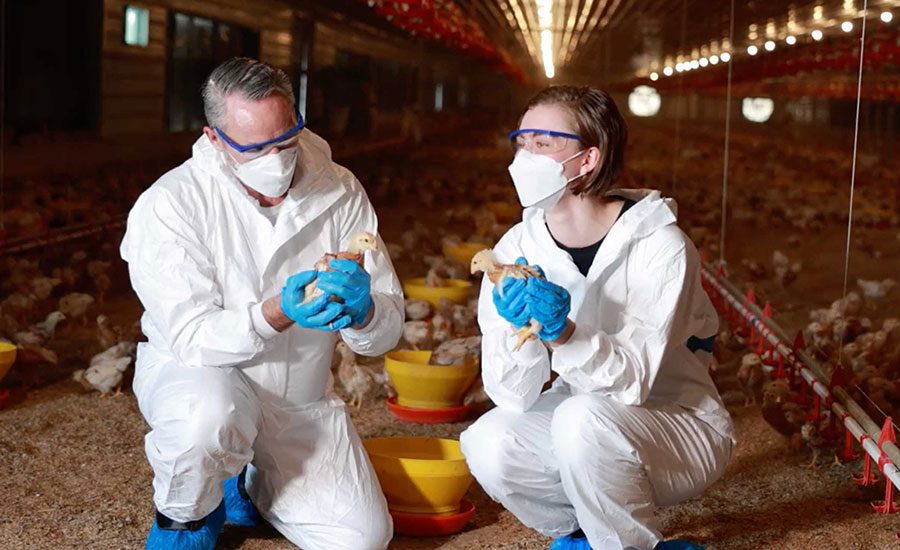On August 5, the Watsonville, CA-based Alliance for Food and Farming (AFF) launched a shoppers’ guide that provides quick tips to help consumers choose a vendor when shopping at a farmers’ market. This new guide, published in conjunction with National Farmers’ Market Week, is part of the AFF’s continuing efforts to provide consumers with quick and accessible food safety information about produce. The guide can be found at safefruitsandveggies.com.
“Consumers who shop regularly at farmers’ markets often have developed a list of their favorite vendors,” noted Marilyn Dolan, AFF Executive Director. However, for those who are visiting a particular market for the first time or are new to buying produce at farmers' markets, “we’ve developed a brief list of food safety questions to consider asking vendors to ensure the food is grown safely and responsibly," Dolan explained.
An AFF news release pointed out that the organization's suggested food safety-focused questions are similar to those asked by local grocery stores and restaurants of the farmers who supply their fruits and vegetables. Farmers who sell to local grocery stores are subject to stringent government laws and regulations regarding food safety and pesticide usage which are verified through enforcement measures and federal and state product sampling programs. Vendors selling at farmers’ markets may not be subject to the same scrutiny by a buying entity or the government, so shoppers may want to ask some of these questions to learn more about how the food is produced.
“By asking just a few questions from the AFF’s list, a consumer can see how knowledgeable a vendor is about the food he/she is selling," she added. "They may learn some interesting farming facts as well, which can add to the overall farmers’ market shopping experience.”
One example of a question on the AFF list is, “How do you control pests and diseases on your farm?” The list advises consumers, “Listen for knowledgeable comments about the use of beneficial insects, pheromone traps, crop rotation, or irrigation management,” to help them guide the conversation and ask appropriate follow-up questions.





